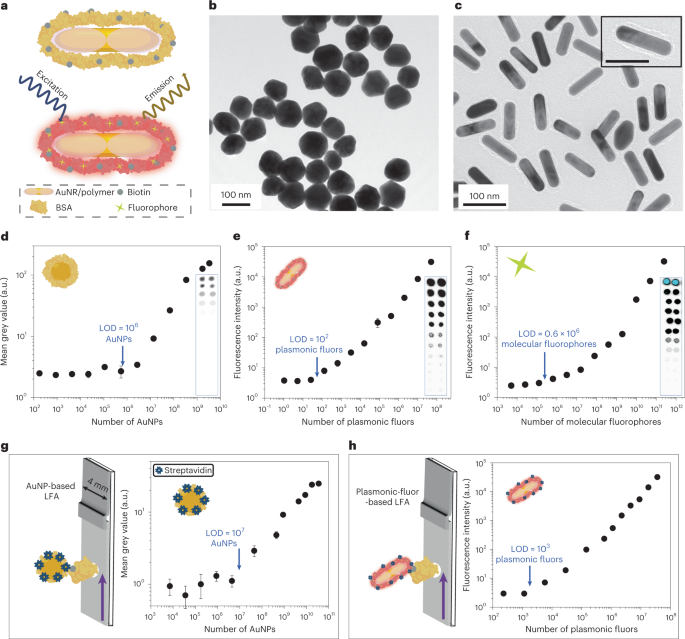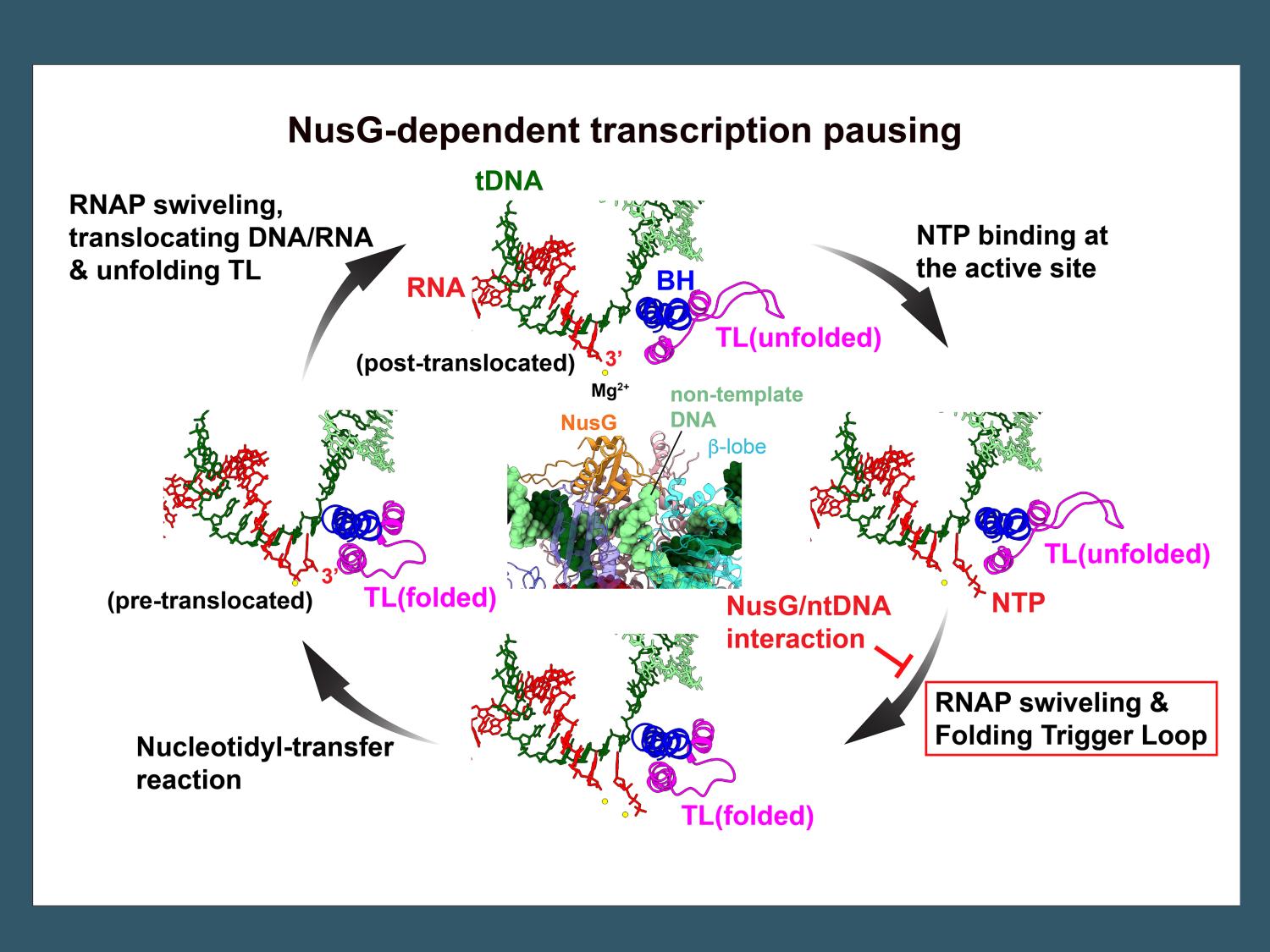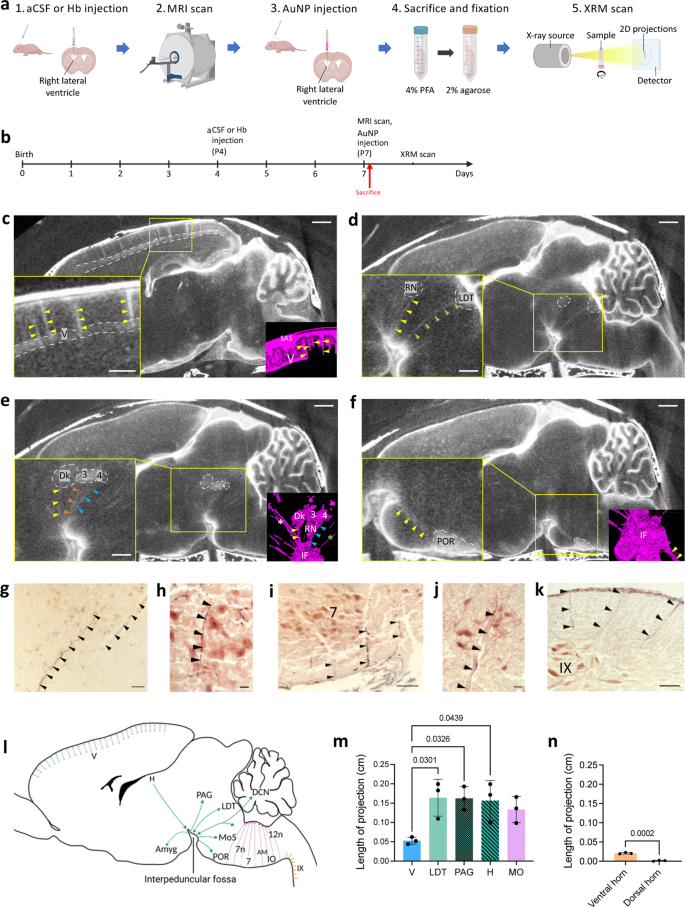2023-02-09 ワシントン大学セントルイス校
◆Nature Biomedical Engineering誌に2月2日付けで掲載された研究結果によると、研究チームのp-LFAは、ストリップ上の色と蛍光信号で結果を表示する従来のLFAに比べて1,000倍の感度を有しているとのこと。また、蛍光スキャナーで分析した場合、従来の標準的なラボ検査よりも大幅に速く、数時間かかるところをわずか20分で結果が得られ、感度も同等かそれ以上に向上している。p-LFAはタンパク質の濃度を検出・定量化できるため、細菌やウイルスによる感染症や、他の病気を示唆する炎症マーカーを検出することができる。
◆この検査能力の向上は、迅速で信頼性の高い検査結果の必要性と偽陰性のリスクについて熟知している人々にとって、明らかな利点となる。
◆p-LFAの技術は、ワシントン大学の技術管理室からオーラジェント・バイオサイエンス社にライセンス供与されています。
<関連情報>
- https://source.wustl.edu/2023/02/new-diagnostic-test-is-1000-times-more-sensitive-than-conventional-tests/
- https://engineering.wustl.edu/news/2023/Beyond-COVID-New-quantitative-infection-detection-tool-proves-sensitive-fast-cheap.html
- https://www.nature.com/articles/s41551-022-01001-1
プラズモン活性を有する抗体結合蛍光ナノ粒子による超高感度ラテラルフローアッセイ Ultrasensitive lateral-flow assays via plasmonically active antibody-conjugated fluorescent nanoparticles
Rohit Gupta,Prashant Gupta,Sean Wang,Artem Melnykov,Qisheng Jiang,Anushree Seth,Zheyu Wang,Jeremiah J. Morrissey,Ige George,Sumanth Gandra,Pratik Sinha,Gregory A. Storch,Bijal A. Parikh,Guy M. Genin & Srikanth Singamaneni
Nature Biomedical Engineering Published:02 February 2023
DOI:https://doi.org/10.1038/s41551-022-01001-1

Abstract
Lateral-flow assays (LFAs) are rapid and inexpensive, yet they are nearly 1,000-fold less sensitive than laboratory-based tests. Here we show that plasmonically active antibody-conjugated fluorescent gold nanorods can make conventional LFAs ultrasensitive. With sample-to-answer times within 20 min, plasmonically enhanced LFAs read out via a standard benchtop fluorescence scanner attained about 30-fold improvements in dynamic range and in detection limits over 4-h-long gold-standard enzyme-linked immunosorbent assays, and achieved 95% clinical sensitivity and 100% specificity for antibodies in plasma and for antigens in nasopharyngeal swabs from individuals with severe acute respiratory syndrome coronavirus 2 (SARS-CoV-2). Comparable improvements in the assay’s performance can also be achieved via an inexpensive portable scanner, as we show for the detection of interleukin-6 in human serum samples and of the nucleocapsid protein of SARS-CoV-2 in nasopharyngeal samples. Plasmonically enhanced LFAs outperform standard laboratory tests in sensitivity, speed, dynamic range, ease of use and cost, and may provide advantages in point-of-care diagnostics.

